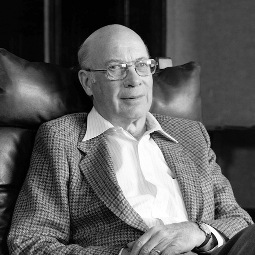A Quote by Barack Obama
By some estimates, the oil you recently discovered off the shores of Brazil could amount to twice the reserves we have in the United States. We want to work with you. We want to help with technology and support to develop these oil reserves safely, and when you're ready to start selling, we want to be one of your best customers.
Related Quotes
Regardless of how you feel about peak oil or global warming, the increased use of natural gas is a positive thing because it is being found at a rate that is faster than that of new oil reserves, it is relatively abundant, and our reserves are longer lived than our oil reserves... It does not get the kind of attention it deserves.
Venezuela has the biggest oil reserves in the world. And the biggest gas reserves in this hemisphere, the eighth in the world. Venezuela was a U.S. oil colony. All of our oil was going up to the north, and the gas was being used by the U.S. and not by us. Now we are diversifying. Our oil is helping the poor.
Russia makes its money through selling of oil, and we've got underneath us more oil than anybody, and nobody knew it until five years ago. And I want to use it. And I don't want that taken away by the Paris Accord. I don't want them to say all of that wealth that the United States has under its feet, but that China doesn't have and that other countries don't have, we can't use.
Americans once believed that their prosperity and way of life depended on having assured access to Persian Gulf oil. Today, that is no longer the case. The United States is once more an oil exporter. Available and accessible reserves of oil and natural gas in North America are far greater than was once believed. Yet the assumption that the Persian Gulf still qualifies as crucial to American national security persists in Washington. Why?































